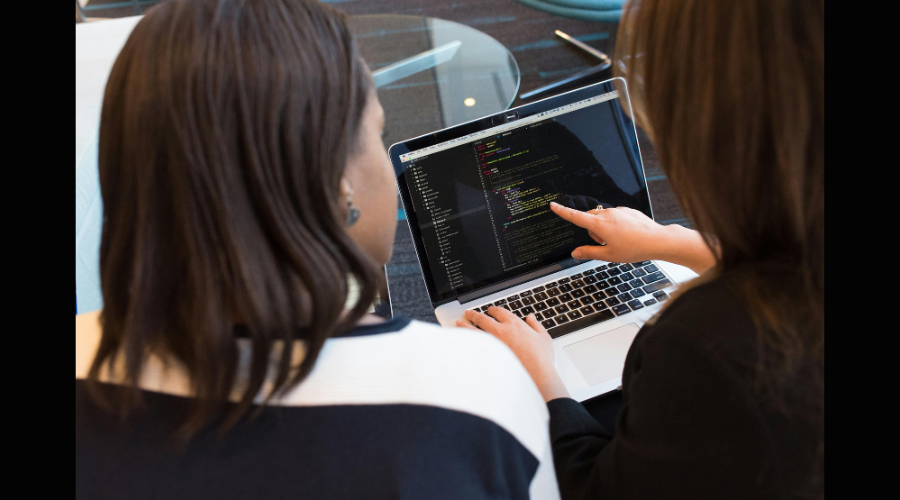Apple is the latest tech company to get caught in the growing storm over AI and copyright. A new lawsuit claims the company is using books to train its AI without permission or payment. The case filed in federal court in Northern California is part of a growing battle between creatives and tech companies racing to build more powerful AI tools.
Two authors, Grady Hendrix and Jennifer Roberson, are behind the proposed class action, saying Apple is copying protected work without credit. For them and potentially thousands of other writers, it’s about more than just money. It’s about the balance between innovation and intellectual property in the digital age.
A battle over consent and compensation
At the core of the issue is whether Apple should have asked permission to use these books as training data for their AI models. According to the authors, they are getting the benefit without the credit. The lawsuit says Apple is not paying for what could be a very lucrative business.
While AI has opened up new opportunities, it has also raised tricky questions about ownership. When a machine learns from someone’s book, who gets the benefit, the machine’s maker or the human author of the words?
Legal fights reshaping the AI industry
Apple’s lawsuit is just one of many. Others have already been filed against Microsoft, Meta and OpenAI. In fact, just hours before the Apple lawsuit dropped, AI startup Anthropic announced a $1.5 billion settlement with authors who claimed their work was used to train the chatbot Claude without permission.
Experts say these cases could change how AI companies handle data. Some think they’ll lead to new licensing models where authors and publishers get paid when their content is used for training. Others worry that constant litigation will slow down AI development and make it more expensive for the big players.
What this means for the future of AI and creativity
The Apple lawsuit is a part of a bigger conversation about how we value creativity in an AI world. For authors, the risk is clear: if machines can copy their style or summarise their ideas without paying, their livelihood is on the line. For tech companies, the challenge is finding a balance between building better systems and respecting creators.
As the case unfolds, the publishing world will be watching closely. And for the rest of us, the outcome will determine what kind of AI tools end up in our hands. Apple hasn’t commented on the lawsuit yet.
But the bigger question remains, can AI really work if it’s built on work taken without consent?





